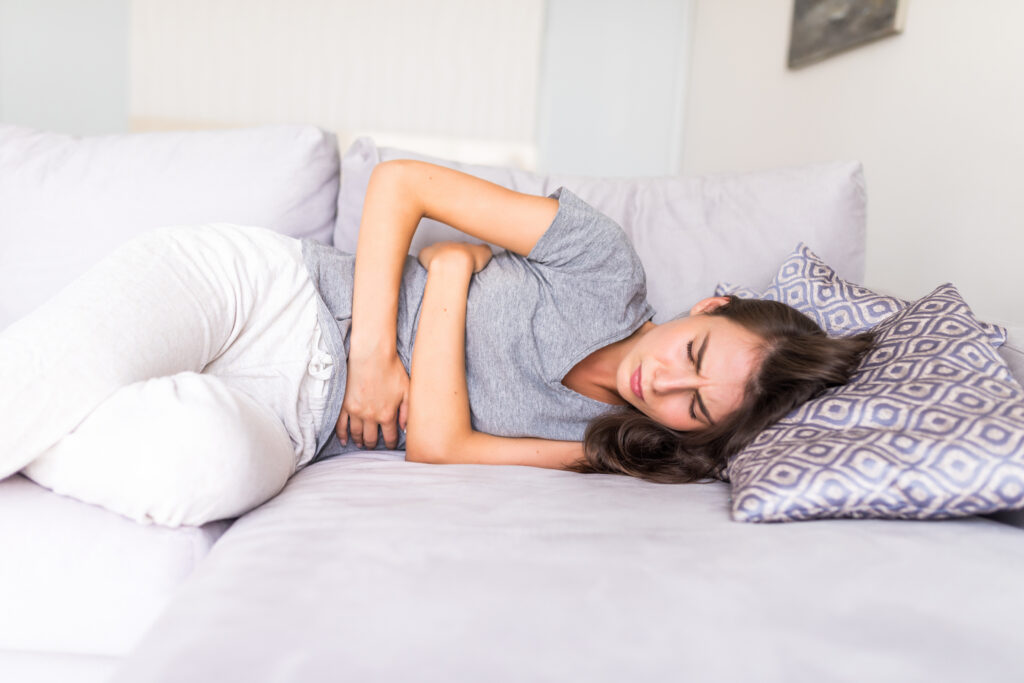
Menstrual cramps which is a very common discomfort for most of the women, can disrupt daily routine and affect their overall well-being. While other medications provide relief, Traditional chinese medicine (TRADITIONAL CHINESE MEDICINE) provides natural alternatives using herbs. In this blog, we’ll look into a variety of these TRADITIONAL CHINESE MEDICINE herbs, known for their effectiveness in relieving menstrual cramps.
- Dang Gui (Angelica Sinensis):
- What is it? Dang Gui, also known as female ginseng, is a root commonly used in Traditional Chinese medicine.
- How does it help? This herb is believed to nourish the blood and regulate menstrual cycles, making it beneficial in relieving cramps.
- Bai Shao (White Peony Root):
- What is it? Bai Shao is the root of the white peony plant.
- How does it help? It is known for its ability to soothe the liver. Bai Shao can help ease menstrual cramps by promoting a smoother flow of energy.
- Chuan Xiong (Ligusticum Wallichii):
- What is it? Chuan Xiong is a herb derived from the rhizome of the ligusticum plant.
- How does it help? This herb enhances blood circulation and alleviates pain, making it effective in reducing menstrual cramps.
- Yi Mu Cao (Leonurus Heterophyllus):
- What is it? Yi Mu Cao, is a herb with small pink flowers, also known as motherwort.
- How does it help? In traditional Chinese medicine, it is prescribed to regulate menstrual flow and reduce cramps
- Gui Zhi (Cinnamon Twig):
- What is it? Gui Zhi is obtained from the bark of a cinnamon tree.
- How does it help? It helps in warming the body which promotes better blood circulation and reduces menstrual pain.
- Xiang Fu (Cyperus Rotundus):
- What is it? Xiang Fu is a rhizome obtained from the Cyperus plant.
- How does it help? This herb is used by practitioners of Traditional Chinese medicine to balance energy and calm the liver, which helps to ease menstrual cramps.
- Wu Yao (Lindera Root):
- What is it? Wu Yao is the root of the Lindera plant.
· How does it help? Menstrual cramps can be effectively managed with this herb because of its well-known properties to increase blood circulation and reduce pain.
- Gao Ben (Chinese Lovage Root):
- What is it? Gao Ben is derived from the root of the Chinese lovage plant.
- How does it help? Practitioners use this herb to relieve menstrual cramp discomfort by driving out wind and humidity.
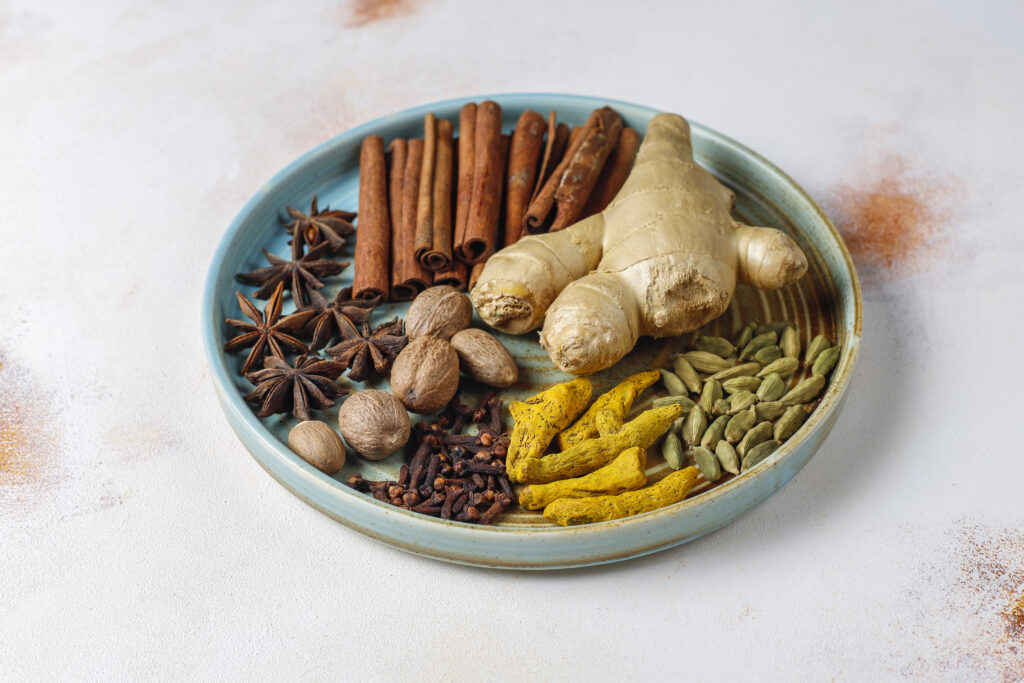
Practical Tips for Use: Now that we’ve explored these TRADITIONAL CHINESE MEDICINE herbs, here are some practical tips for incorporating them
into your routine:
- Consult a TRADITIONAL CHINESE MEDICINE Practitioner: Before adding any new herbs to your routine, consult with a TRADITIONAL CHINESE MEDICINE practitioner. They can provide personalized advice based on your specific
constitution and symptoms. - Herbal Teas: Many of these herbs can be consumed as herbal teas. Brew them in hot water for a soothing and natural remedy.
- TRADITIONAL CHINESE MEDICINE Formulas: TRADITIONAL CHINESE MEDICINE practitioners often prescribe specific formulas that combine various herbs for optimal effectiveness. These formulas are carefully crafted to address individual needs.
- Consistency is Key: TRADITIONAL CHINESE MEDICINE herbs may take some time to show their full effects. Consistency in usage is crucial, so be patient and give the herbs time to work.
- Mindful Living: In addition to herbal remedies, adopting a healthy lifestyle, including a balanced diet, regular exercise, and stress management, can
contribute to overall well-being and alleviate menstrual cramps.
In-Depth Exploration of Each Herb: Let us examine the specific characteristics and applications of each plant to give you a thorough grasp of how they help to relieve period cramps.
- Dang Gui (Angelica Sinensis):
- Properties: Dang Gui is considered a warming herb in Traditional Chinese Medicine, known for its sweet and slightly bitter taste.
- Actions: It is an essential herb for treating blood insufficiency and irregular menstruation periods since it is said to regulate and rejuvenate the blood.
- Dosage: Dang Gui is often used in herbal formulations, and the recommended dosage can vary based on individual needs. A Traditional Chinese Medicine practitioner can provide guidance on the suitable dosage for your precise condition.
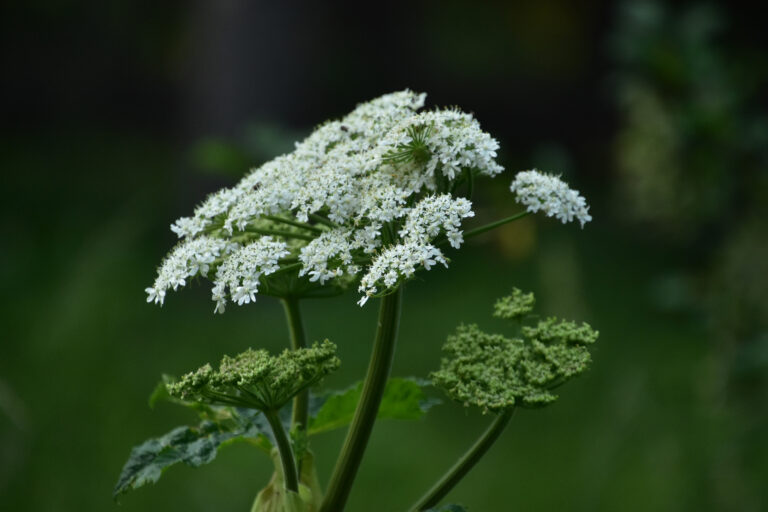
2. Bai Shao (White Peony Root):
Properties:
-
- Bai Shao has a sour and slightly bitter taste, with a cool energy in TCM
- Actions:
This herb is known for soothing the liver and relieving pain. It is often
used in combination with other herbs to regulate the menstrual cycle. - Dosage:
Bai Shao is commonly used in herbal formulas, and the dosage can vary
depending on the specific TCM prescription.
3. Chuan Xiong (Ligusticum Wallichii)
Properties:
-
- Chuan Xiong has a powerful and warm specification.
- Actions:
It helps in promoting blood circulation and relieving pain. Chuan Xiong
is often used in formulas targeting conditions for menstrual cramps. - Dosage:
As part of a Traditional Chinese Medicine formula, the dosage of Chuan
Xiong is prescribed based on the individual’s condition.
4. Yi Mu Cao
(Leonurus Heterophyllus):
Properties: Yi Mu Cao is considered bitter and slightly acrid, with a neutral nature.
-
- Actions: This herb is known for promoting blood circulation, regulating menstruation, and reducing pain. It is often used in conditions related to blood stasis and irregular menstrual flow.
- Dosage: Yi Mu Cao is commonly used in Traditional Chinese Medicine formulas, and the dosage can be adjusted based on the precise requirements of the prescription.
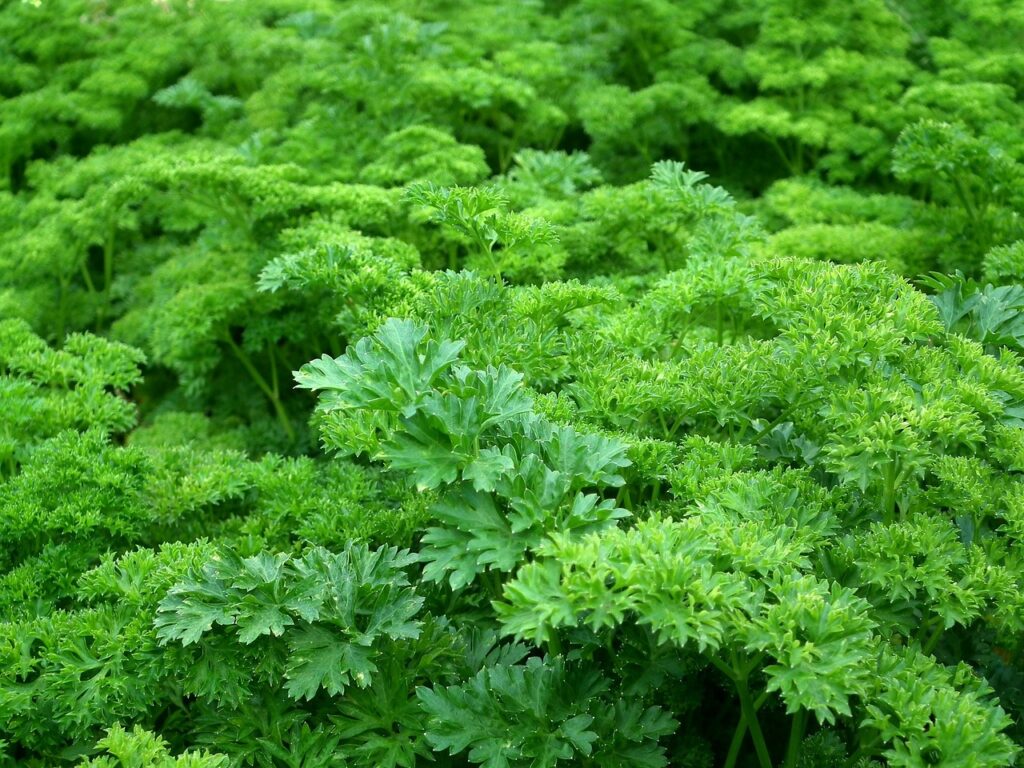
5. Gui Zhi (Cinnamon Twig):
Properties: Gui Zhi has a sweet and powerful taste, with a warm nature in TRADITIONAL CHINESE MEDICINE.
-
- Actions: This spice empowers the blood circulation. Menstrual cramps and other cold and damp conditions are common uses for it.
- Dosage: Gui Zhi is a significant component in many TRADITIONAL CHINESE MEDICINE formulas, and its dosage is adjusted according to individual prescription.
6. Xiang Fu (Cyperus Rotundus):
- Properties: Xiang Fu is considered acrid and slightly bitter, with a neutral nature.
- Actions: This herb is used to regulate qi (energy) and soothe the liver. It is usually included in formulas addressing conditions with liver which contributes to menstrual pain.
- Dosage: As part of a TRADITIONAL CHINESE MEDICINE formula, the dosage of Xiang Fu is adjusted in accordance with the needs of the individual.
7. Wu Yao (Lindera Root):
- Properties: Wu Yao is pungent and warm.
- Actions: It is known for refreshing blood circulation and lessening pain. Wu Yao is often included in formulations to address conditions with blood stasis.
- Dosage: The recommended dosage of Wu Yao depends on the individual’s condition.
8. Gao Ben (Chinese Lovage Root): - Properties: Gao Ben has a pungent and warm
- Actions: This herb is used to expel wind and dampness, and is effective in conditions with external pathogenic factors which contribute to menstrual uneasiness.
- Dosage: Gao Ben is commonly used in TRADITIONAL CHINESE MEDICINE formulas and its dosage is adjusted based on the prescription.
Practical Tips for Using TRADITIONAL CHINESE MEDICINE Herbs: While exploring the benefits of TRADITIONAL CHINESE MEDICINE herbs for menstrual cramps, it’s essential to consider practical tips for their effective and safe use:
- Quality Matters: Ensure that you source TRADITIONAL CHINESE MEDICINE herbs from trustworthy sellers to guarantee their quality and authenticity and for best therapeutic effects.
- Consult a TRADITIONAL CHINESE MEDICINE Practitioner: Consulting with a qualified TRADITIONAL CHINESE MEDICINE practitioner is vital for personalized advice. They can assess your individual symptoms and provide a customized plan to address your specific problem.
- Herbal Formulas: TRADITIONAL CHINESE MEDICINE often employs herbal formulas consisting of multiple herbs working synergistically. The purpose of these formulations is to address the underlying causes of imbalances and provide complete relief.
- Dosage Considerations: The appropriate dosage of TRADITIONAL CHINESE MEDICINE herbs varies on the individual’s condition and overall health. It’s essential to follow the guidance of a TRADITIONAL CHINESE MEDICINE practitioner to ensure safety and 100% effectiveness.
- Consistency is Key: TRADITIONAL CHINESE MEDICINE herbs may require consistent use over time to achieve best results. You need to be patient and committed to your herbal treatment and discuss concerns with your TRADITIONAL CHINESE MEDICINE practitioner.
- Holistic Lifestyle: TRADITIONAL CHINESE MEDICINE emphasizes a holistic approach to health. In addition to herbal remedies, adopting a balanced lifestyle that comprises of a wholesome diet, consistent exercise, stress management, and adequate rest also contributes to the fitness of body.
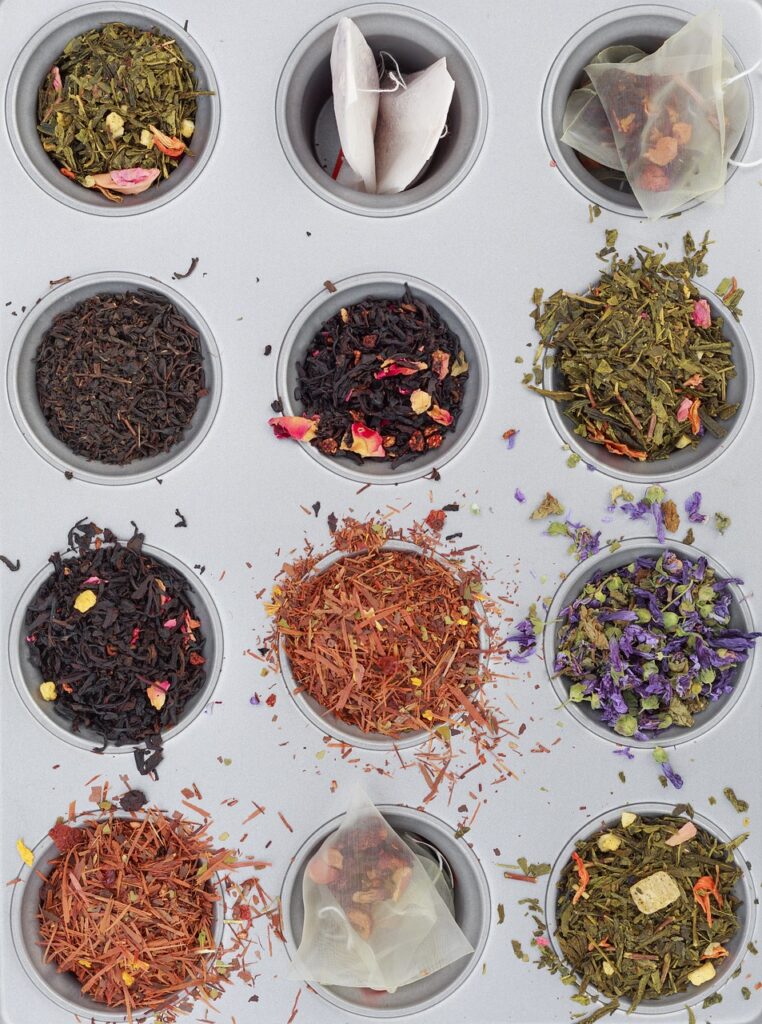
Traditional Chinese medicine herbs offers a comprehensive approach to managing menstrual cramps. The herbs discussed here have exceptional properties and contributes to balancing the body’s energy and eliminating the root causes of discomfort. By consulting with a TRADITIONAL CHINESE MEDICINE practitioner and including these herbs in your routine, you can experience the natural benefits of traditional healing practices. Remember, TRADITIONAL CHINESE MEDICINE is not just about symptom management but seeks to reestablish harmony within the body for long-term well-being. Embrace the wisdom of these comforting solutions and embark on a journey toward a more comfortable menstrual experience.
